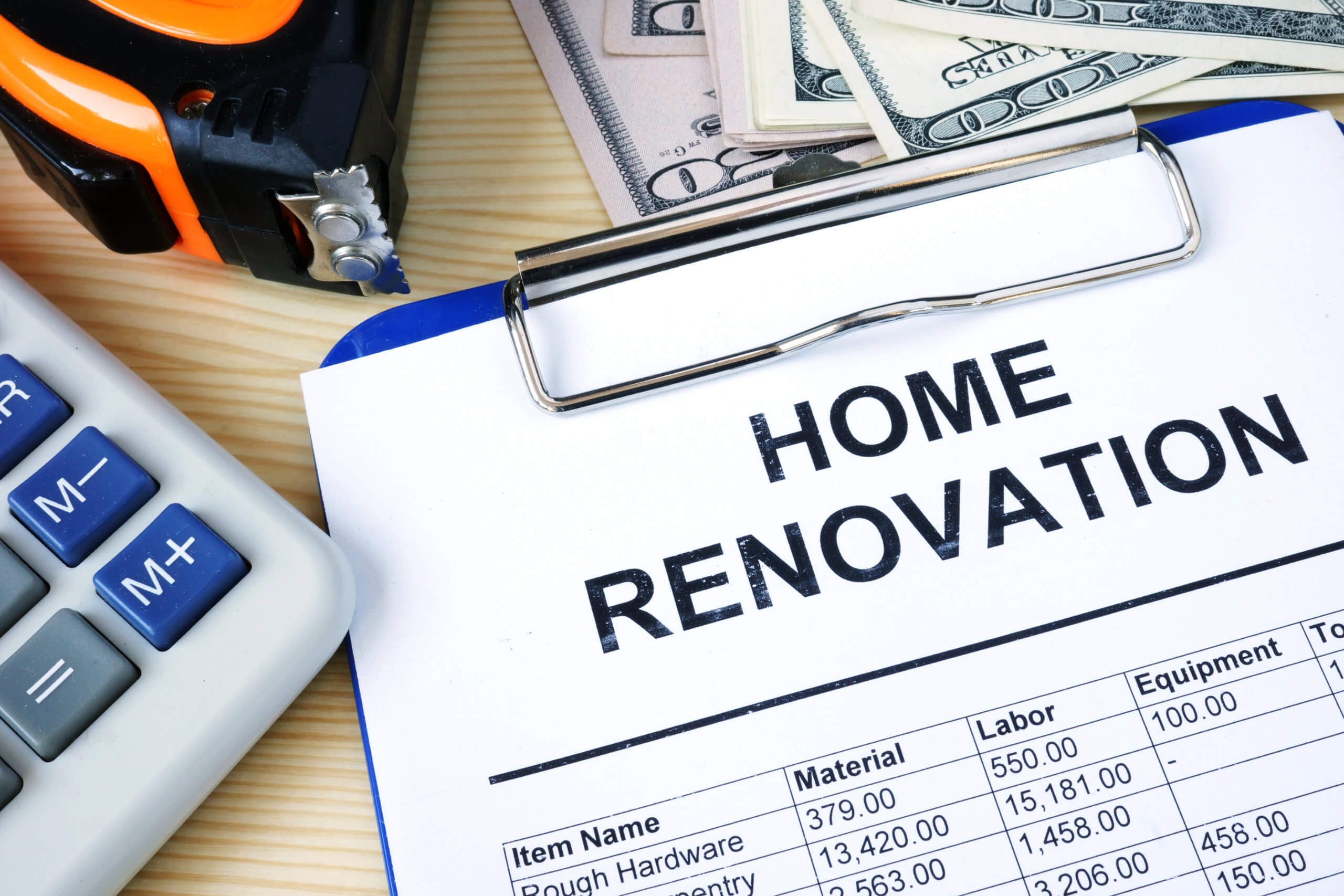
Preventing Home Improvement Fraud
Home improvement is big business. According to an American Housing Survey conducted by Harvard’s Joint Center for Housing Studies, homeowners spent an estimated $383.3 billion on home improvement in 2017. With home improvement in such high demand, there has been an upwards trend in fraudulent activities.
Home improvement fraud refers to any misleading or false statement made by a “contractor” or affiliated party to convince a customer to enter into an agreement for home improvement materials or services. To prevent home improvement fraud, it is important to know what red flags to look for and how to handle suspicious or dishonorable dealings.
Warning Signs of Possible Fraud
Finding a reliable and capable contractor is not always easy. Just because an ad looks professional does not necessarily mean that the contractor provides quality work. Choosing the wrong Florida construction services can result in delays, subpar work, and possible legal problems if the contractor takes your money and does not complete the agreed-upon projects. So, to avoid being a victim of home improvement fraud, be on the lookout for certain warning signs.
- Claims they can offer a lower price due to having surplus material. This may mean that they over-billed a previous customer or failed to finish the work.
- Contractors that pressure you to make a fast decision.
- Contractors that only accept cash and require you to pay the entire amount upfront.
- An employee that randomly stops by your home as they happen to be “in the neighborhood.” Good contractors are usually too busy to roam around in search of work.
- Contractors that offer discounts for finding other customers.
- A company that does not have a business number online or in the local telephone directory.
- Contractors that require you to obtain the necessary building permits.
- Contracts that suggest borrowing money from a lender to pay for the home improvement work.
Preventing Home Improvement Fraud
From a simple door installation to a complete kitchen remodel, home improvement projects can quickly become a nightmare. This is especially true if you fall victim to a home improvement scam. While consumers cannot always anticipate a case of fraud, they can take precautions to minimize their risk of financial loss.
Before hiring a contractor to perform home improvement services, get recommendations from neighbors, relatives, and friends. Additionally, avoid working with contractors that contact you unsolicited or simply show up to your home. Verify that the contractor is licensed and registered in your state and don’t be afraid to ask about qualifications and experience.
Perform extensive research to ensure that the contractor is reputable. A quick Google search can usually uncover information about a particular contractor or company. Every business encounters the occasional disgruntled customer. However, a large number of negative reviews could indicate the contractor is a scam artist or delivers inferior work. Also check the contractor’s work history with your state consumer protection agency and the Better Business Bureau.
Do not allow a contractor to rush you to make a decision or to sign a contract. If you do decide to hire a particular contractor, always get the contract in writing. Thus, any warranties offered should also be provided in writing. It is common for some contractors to request some money upfront to pay for materials. However, a contractor should never ask for the entire amount upfront. Instead, the final payment should be made when the project is completed to your satisfaction.
Avoid paying the contractor in cash, even if he offers to provide a receipt. The FTC recommends paying for home improvement services using a credit card or check which can be tracked. Arranging financing is common for major home improvement projects. Furthermore, do not allow the contractor to arrange financing on your behalf. According to the FTC, a contractor may sign you for a home equity loan that has a high interest rate or hefty fees. However, if the lender sends payment to the contractor directly, the contractor will have little incentive to complete the job.
Contact a Quality Construction Company
For unbeatable construction management in Florida, trust MH Williams Construction Group. From general contractors to design builders, we do it all and to a high level of satisfaction. Contact us today to learn more about our business or to acquire quality home improvement services.